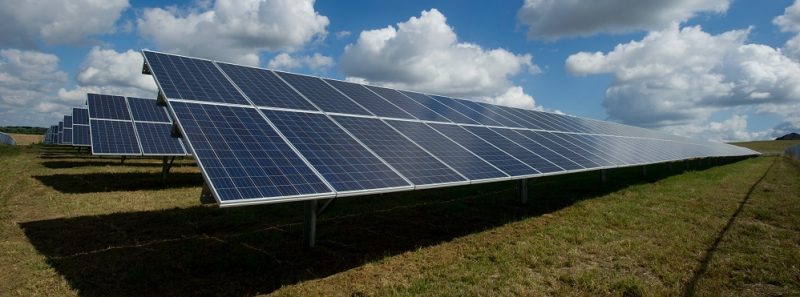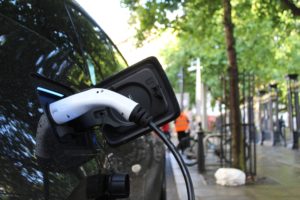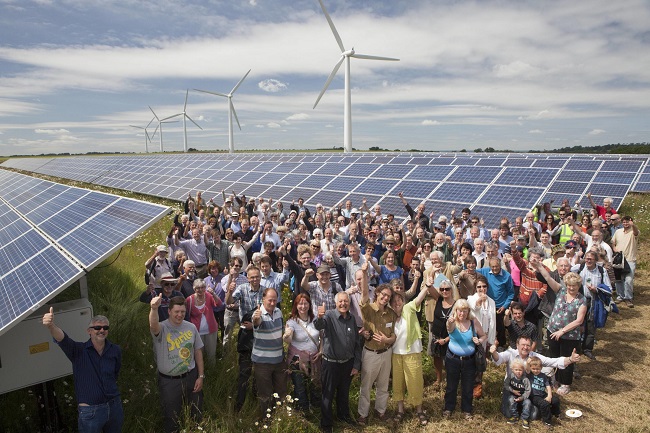Putting fairness at the heart of a net zero energy system
In our latest blog, our Social Impact Director Saskya Huggins makes the case that putting fairness at the heart of a net-zero energy system is not only the right thing to do, but is the most effective way to achieve the mass engagement we need to achieve our 2050 commitments.
The UK Government published its long awaited Energy White Paper this week. The report highlights the huge systemic changes that are needed to our energy system if we are to meet the government’s legally binding commitment to achieve net-zero emissions by 2050. Changes that must happen if we are to face-off the existential threat of the climate crisis.

The energy system is much more than wires and switches – it’s also the people who interact with it, and the way we interact with energy is going to fundamentally change. Increased local generation and storage, electrification of our heating and transport systems, the rise of flexibility services to help balance the grid in real time will require a smarter way of managing our energy system.

Along with the technical challenge this creates will be another key issue – that of fairness. Who will get to benefit from the new opportunities that will arise from our changing energy system, and who will bear the cost?
The White Paper says that fairness will be at the heart of their approach to a clean energy system so that everyone is confident that everyone is paying their fair share of the transition.
Fairness is more than simply of question of who carries the cost – it also needs to address who is able to participate and benefit from the new opportunities.
And whilst the pursuit of fairness can be seen in terms of being the right thing to do, it can also be a key driver for the transition to a local energy system.
In our recent report, Developing an ethical framework for local energy approaches we make that case that any arrangement considered fair is more likely to meet with social approval. Social licence to operate not only then makes it more likely that local energy solutions will be agreed and implemented, but that we will achieve the mass participation required to deliver a locally balanced energy system at sufficient scale.
The report sets out ethical principles to guide the delivery of our ‘Smart and Fair trials’ and development of flexible energy service offerings we will be testing as part of Project Local Energy Oxfordshire (LEO).

Project LEO is one of the UK’s most ambitious, wide-ranging and innovative energy system projects that will help the Government achieve its legally binding commitment to achieve net zero emissions by 2050.
This collaborative project turns Oxfordshire into a test bed in which to pilot projects, advance capabilities and facilitate active participation in the creation of an intelligent, local balanced energy system that brings social, economic and environmental benefits for all.
Through LEO we aim to provide a broad range of reliable evidence required to support policies and investments that will create the technological, market and social conditions for successful systemic change.
As part of our work we want to explore the importance of the different capabilities individuals need to have in order to participate in the growing range of opportunities the new energy system is creating and not be left behind.

In September the Centre for Sustainable Energy published its report “Smart and Fair: Exploring social justice in the future energy system” highlights the importance of understanding these different capabilities. They concluded that “Smart and fair outcomes will not emerge reliably from the market without deliberate and purposeful action to secure them by policy-makers and regulators, including requiring adherence by all market participants to a set of Smart and Fair Guidelines.”
We look forward to working with our colleagues across the community energy sector and beyond to champion the creation of a zero carbon energy system that is both smart, and fair.
